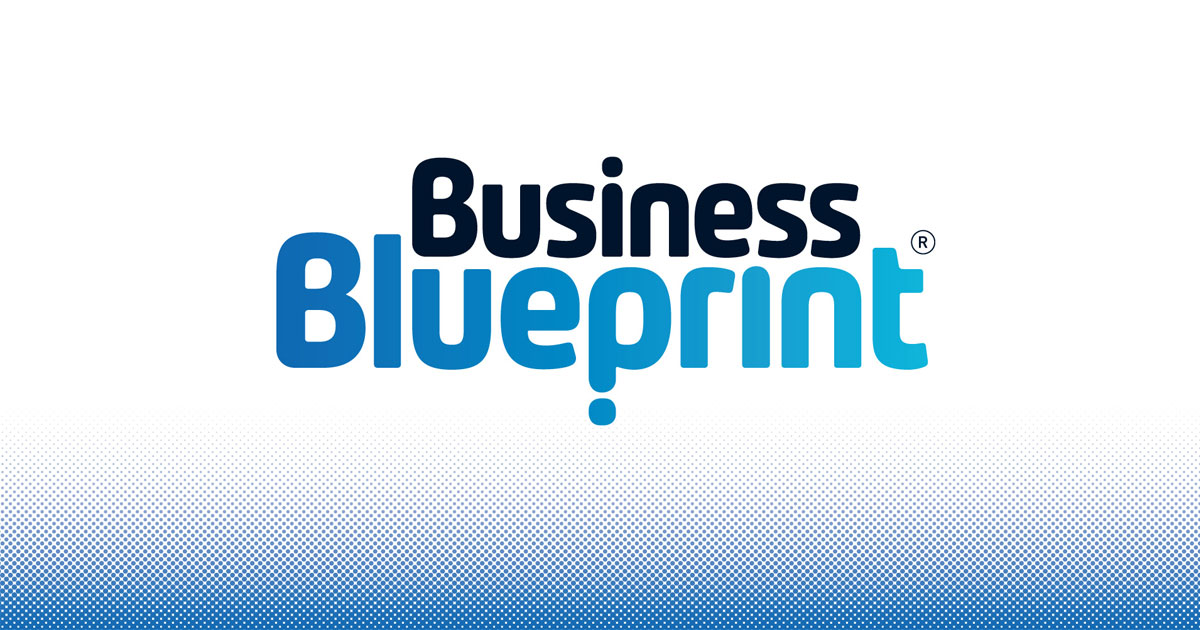A small business’ financial position has the potential to be either strong or weak. Of course each business owner would prefer to be in the first category, however to achieve this there must be solid strategies in place.
In this segment of an interview between Dale Beaumont and Matthew Nolan discover six key factors that define a company being in a strong financial position. Matthew is the founder and managing director of Provident Inventory Finance. As a sought-after business advisor and finance industry commentator, Matthew has regular columns in over a dozen business magazines and newspapers, advising on issues such as cash flow management, business planning and diversification.
In your opinion, what are the key factors that define a company that is in a strong financial position?
As a lender, my company assesses thousands of businesses every year and from that experience there are six key measures that can be used to indicate a typical company in a strong financial position.
- Net Equity – the level of tangible assets in excess of liabilities is the single most important measure of a company’s financial position. This is because it indicates the owner’s investment in the business and the growth of that investment.
- Debt Levels – this should be measured relatively to the net equity in the business. It’s a key factor because if your business experiences a downturn, you may need to borrow additional funds that won’t be available if the business is already highly geared.
- Working Capital – a business needs available cash to pay its expenses and the level of working capital is a good indicator of this ability. This should be considered in conjunction with the number of days it takes customers to pay and how long suppliers give the business to pay for its purchases.
- Gross Profit Margins – if this indicator is strong relative to industry standards, it shows that sufficient margins can be maintained if competitive pressures increase.
- Profitability – businesses that generate consistent profits, providing suitably high returns for the equity invested, are typically well regarded.
- Stock Turnover – if a company can turn its stock over quickly, relative to others in similar industries, it will make its gross profit margin in a shorter period of time, have lower stock holding costs and less risk of its stock becoming obsolete.
There are many other measures of a business that are relevant to their specific areas of focus, but these provide a balanced, high-level view of a business and its overall strength.
For more of this interview and small business financials check out “Secrets of Top Business Builders Exposed!“





